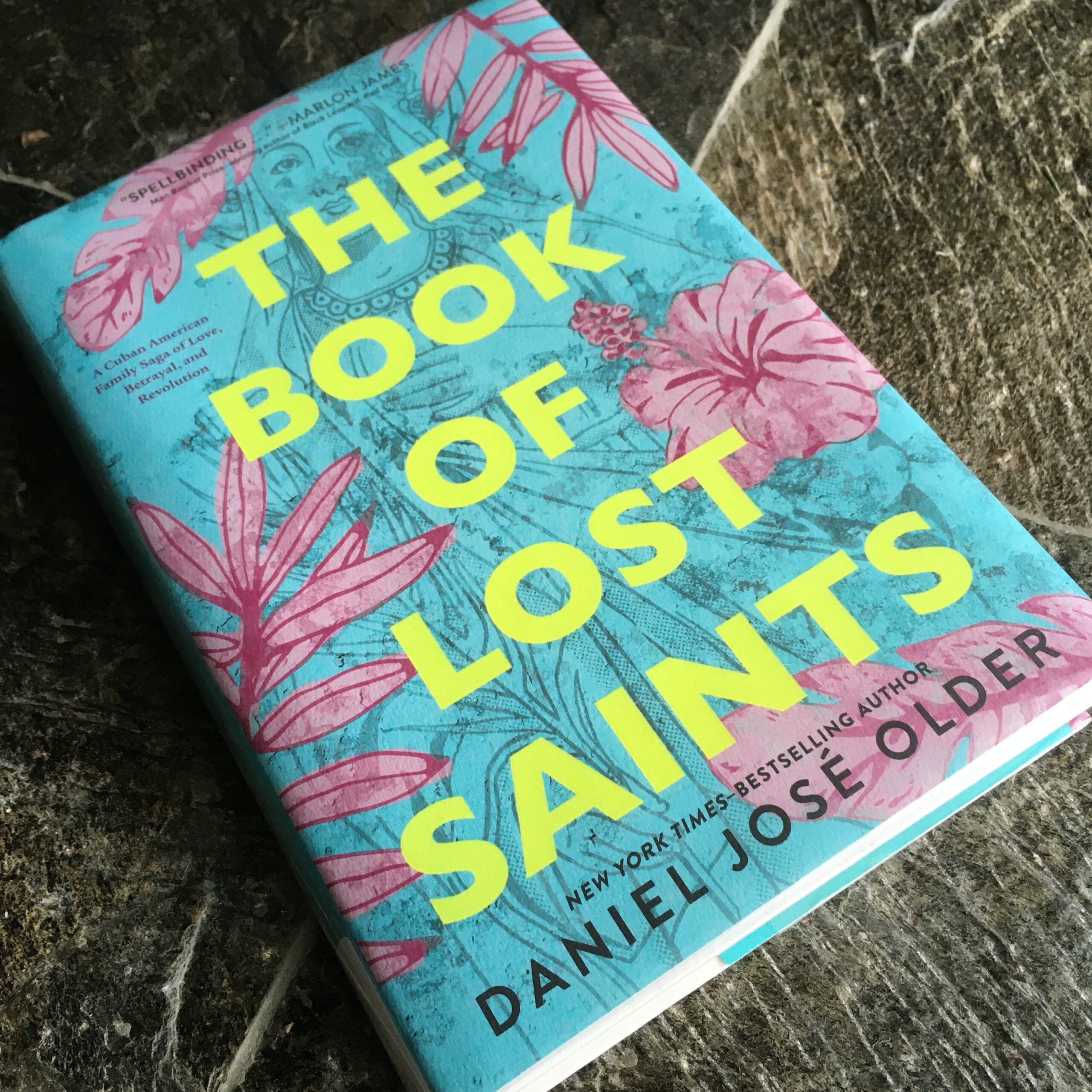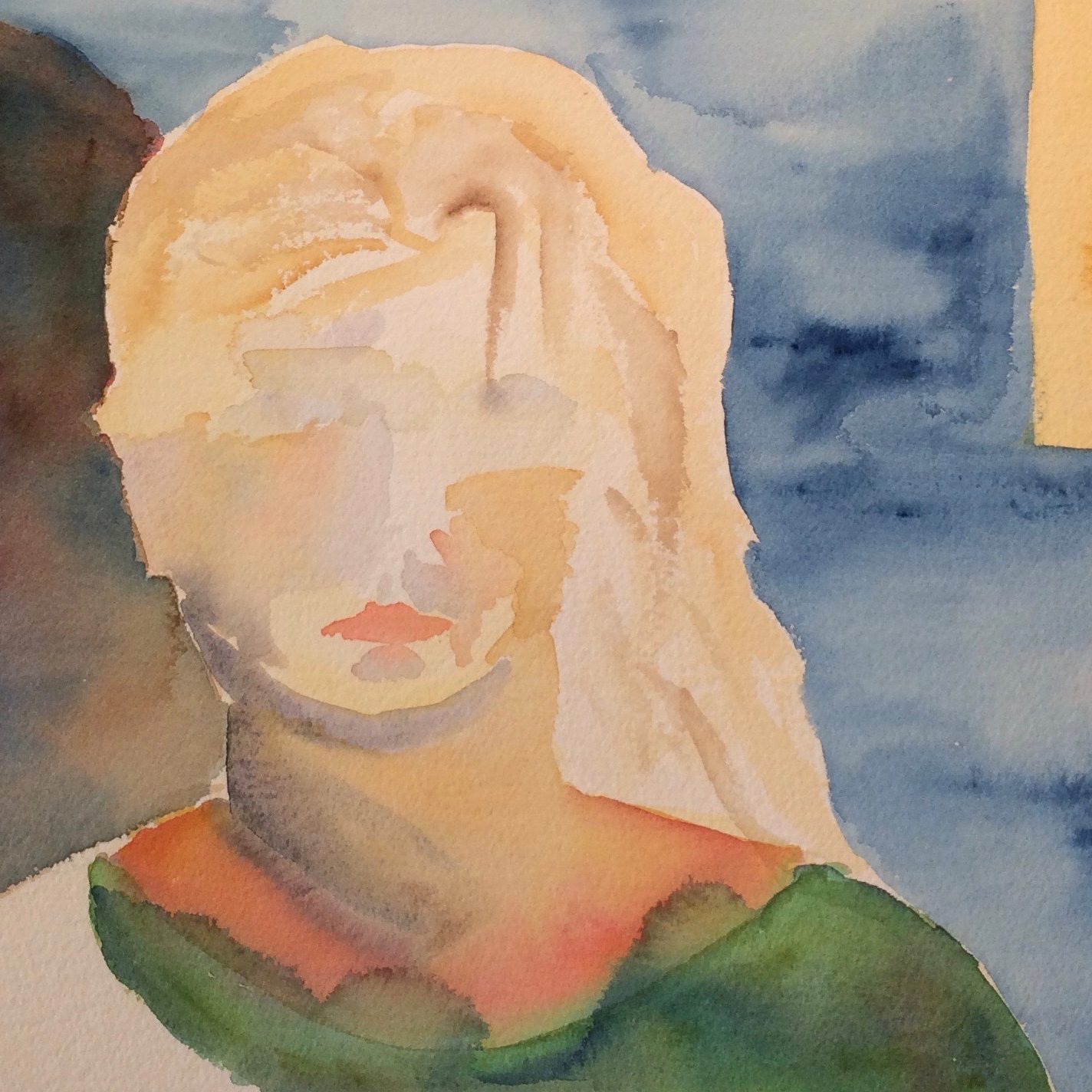Books are mysterious. As I iterate through rounds of revision for my novel, and begin to feel it take more solid form, I sometimes experience a strange sensation—a sense that as I understand my story better, I also understand it less.
It feels like there’s something coming to life between the words.
I’ve experienced something similar in analyzing the writing in books I love. I can examine the story for themes and ideas and atmosphere. These can feel clear when I read or study the story. But when I try to figure out how the words are put together to elicit those themes or ideas or that atmosphere it’s like standing at the edge of an ocean—that spot where your feet are just barely underwater and your toes sink into the sand. Water and sand flow and shift over you and under you.
I look for tricks and techniques in the words. Answers to the question of how to write well. How do you create an atmosphere through words? How do you develop a theme over the course of a novel? How do words make a character come to life? There are techniques writers use to do these things. But when I dissect a text to study how the words that created a specific character can make my heart ache in such a particular way, the character shifts out from under me. I lose my hold on the meaning and emotion I’m studying.
This is that mystery in books, which I suppose we can see everywhere in life. Examine magic too closely and its effect is lost. Sometimes it’s the things that are never stated, but implied, that have the most power.
I recently experienced this mysterious power while reading The Book of Lost Saints: A Cuban American Family Saga of Love, Betrayal, and Revolution by Daniel José Older. This book took me by the heart and wouldn’t let me go.
Yes, I cried. Yes, I rejoiced. I adored the ending. I disappeared into its pages and stayed up into the early morning hours to finish it. I’ve taken these settings and characters into my body as real.
I’ve often heard marginalized people talk about how powerful it is to see themselves represented in a book. I don’t think I ever fully understood what that meant until now. Even though I am nothing like any of the characters in The Book of Lost Saints, I am like all of them in my heart. I share their group memories, cultural histories, connections across time and space, music, curses, food, family.
How does a book fit all that into a few hundred pages? How can words hold such things?
It’s a mystery.
But I think I’ve found a clue to the mystery in Older’s book. A story creates a world that makes assumptions. These assumptions are necessary. It is impossible to illustrate every detail or explain every nuance. Words imply and connote.
This is, at least in part, where the mystery lives. There are unstated assumptions in The Book of Lost Saints that mirror those I grew up with in my Cuban American family—ideas about what it means to exist in the world, about what family means and where music lives and how death accompanies us.
These assumptions are powerful. And yet they remain outside the words. How an author conveys these assumptions without stating them is a mystery to me, both as a reader and a writer.
There is more to a novel than words on paper.


Yes! I think of poetry as largely intuitive. When someone asks me what something means or says they don’t understand, I often suggest they stop thinking about it. They probably perceive the meaning, or the feel of the images or atmosphere, that may be lost in an immediate analysis. I guess I haven’t thought to extend that to prose, although in this light, I realize that I enjoy some of my favorite novels and short stories in much the same way.
I love this! Sometimes it can be hard to turn off the analytical mind when experiencing art. Especially when it’s unfamiliar—it can feel threatening. But I think most of us have interacted with art (including writing) that just hits home for some reason. This can be incredibly individual, but it’s so magical when it happens!